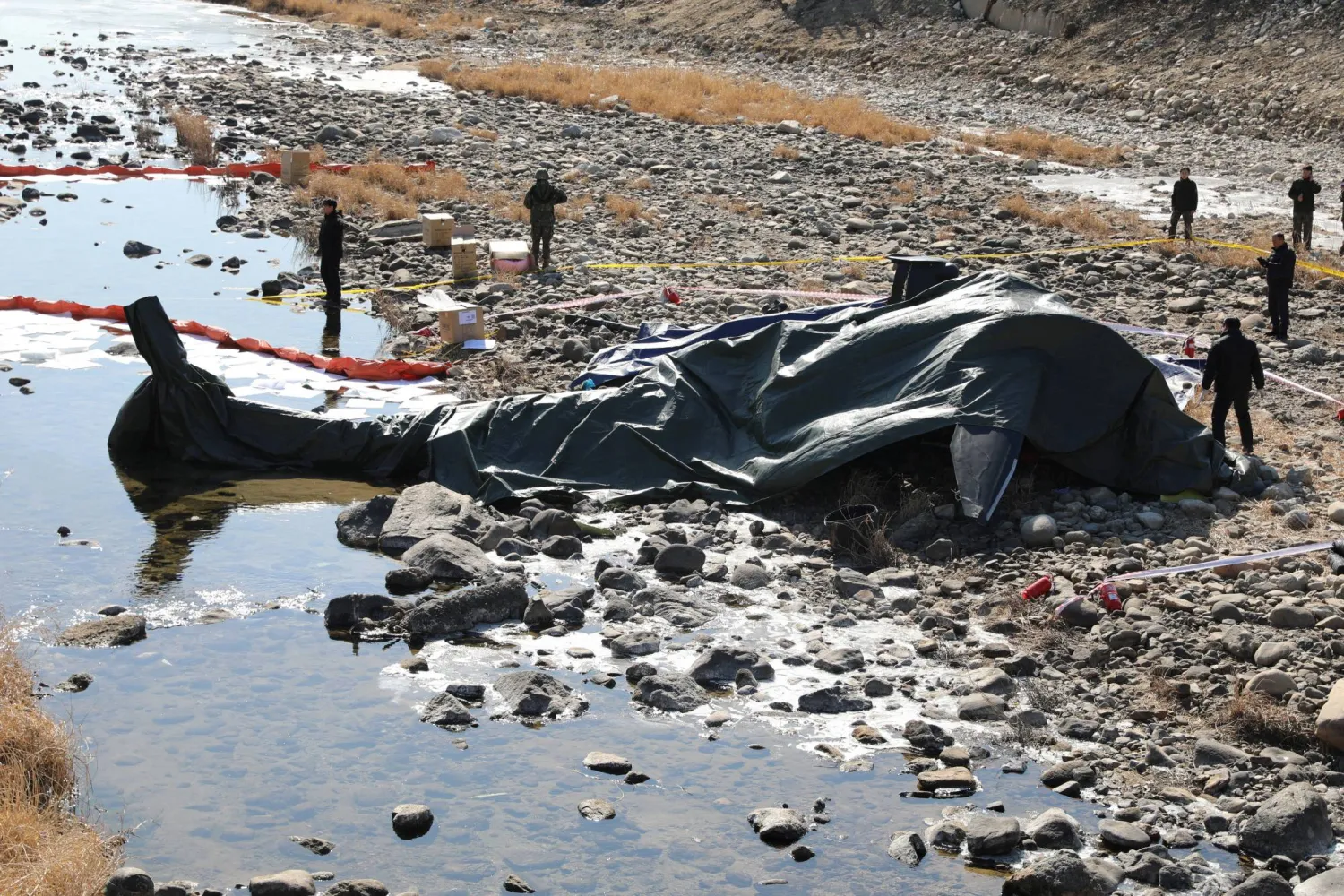Journalist Barak Ravid revealed some secrets of the Israeli-US relations during the term of former US President Donald Trump and his feelings of resentment towards former Israeli prime minister and current opposition leader Benjamin Netanyahu.
Ravid said that although the US administration pledged to help Israel rebuild everything that gets destroyed by Iran's missiles in the event of a war, the Trump administration felt it was "backstabbed" by Tel Aviv.
Ravid said that during his interview with the former president for his new book "Trump's Peace: The Abraham Accords and the Reshaping of the Middle East," Trump said he felt used on the Soleimani strike and "Israel did not do the right thing."
The assassination of Iranian commander Qasem Soleimani in January 2020 seemed like the height of US-Israel cooperation. However, it became a significant point of tension between the two allies.
"I can't talk about this story. But I was very disappointed in Israel having to do with that event. ... People will be hearing about that at the right time," Trump said.
Trump expected Israel to play a more active role in the attack, and he believed Netanyahu was "willing to fight Iran to the last American soldier," according to a former senior Trump administration official.
The former senior US official said Trump's anger wasn't warranted, but that he put the episode into the same box he had put his feelings for NATO - of allies wanting the US to do their fighting for them.
Netanyahu tried to pull Trump aside to make amends when he visited the White House in September 2020 to sign the Abraham Accords. However, Trump wasn't convinced and continued to believe Netanyahu had used him, a former White House official told Ravid.
A senior Israeli defense official told Ravid that Israel proposed a more active role for Israeli forces. However, the US insisted on being the ones to execute the strike.
Israel provided the US with crucial intelligence support for the attack. The former VP Mike Pence called the Israeli National Security Adviser, Meir Ben Shabat, to thank him.
Meanwhile, journalist Alex Fishman affirmed that the reconstruction was part of a confidential plan that only a few Israeli political and security officials knew about.
In an article in Ynet, Fishman said that Israel and the US do not have a military alliance yet. However, they establish deep cooperative relations, especially between the security commands.
The US realized that it could use Israeli intelligence and military capabilities to fight ISIS. Thus intelligence and military cooperation were established on Syrian territory, Fishman added.
In recent years, a special operations room for the Air Force was set up at the headquarters of the Israeli army in Tel Aviv to cooperate with the US in Syria.
A senior Israeli official described it as an unprecedented close and daily cooperation level.
Fishman noted that the claim that Israel does not need to inform the US about its intentions against Iran is "obsolete."
He indicated that Netanyahu and his defense minister at the time, Ehud Barak, claimed they authorized an independent military attack against Iran in 2011, however, it was a mere threat.
According to Fishman's report, experts from outside the Israeli security service estimate that Tel Aviv is three to five years far from a situation in which it will attack Iran independently and achieve an effective result.









